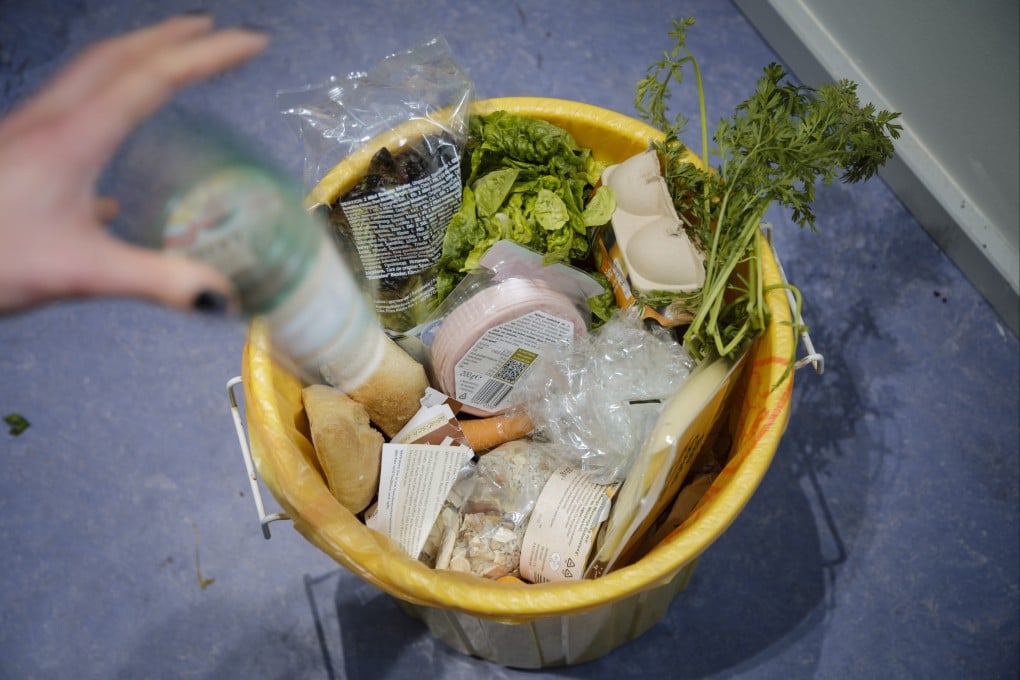Indian scientist who turned to dumpster diving invents app to reduce food waste
- Nosh lets users track food purchases and expiry dates, and shares recipes for items that will soon go bad
- Since February 2021, the app has saved 272,000 food items, mitigating the equivalent of 138 tonnes of carbon emissions

After a car accident in India paralysed his father in 2013, then-graduate student Somdip Dey emptied his savings to help his parents with medical bills. He turned to dumpster-diving to reduce living expenses, in addition to working part-time and studying at the University of Manchester.
As a hungry young man observing his fellow students discarding groceries, he felt heartsick. “Many students living in student accommodation who went home at the end of term would throw away their groceries, most of them still packed and in good condition, as they did not want to carry them home,” he said.
The period of frugality prompted him to deep-dive into reducing food waste with technology.
In 2014, Dey developed his first crowdsourced, food sharing platform. As part of a competing team in a global hackathon to devise innovative methods to reduce food waste, he recalls: “At that point, I really was not thinking of monetising because I knew what hunger felt like and simply wanted to fight food waste and help those in need.”
Dey, now a 31-year-old machine learning scientist with a PhD from the University of Essex, has taken his food sharing and waste prevention ideas further, with the co-development of Nosh, a data-driven app to reduce food waste and raise awareness about food sustainability.